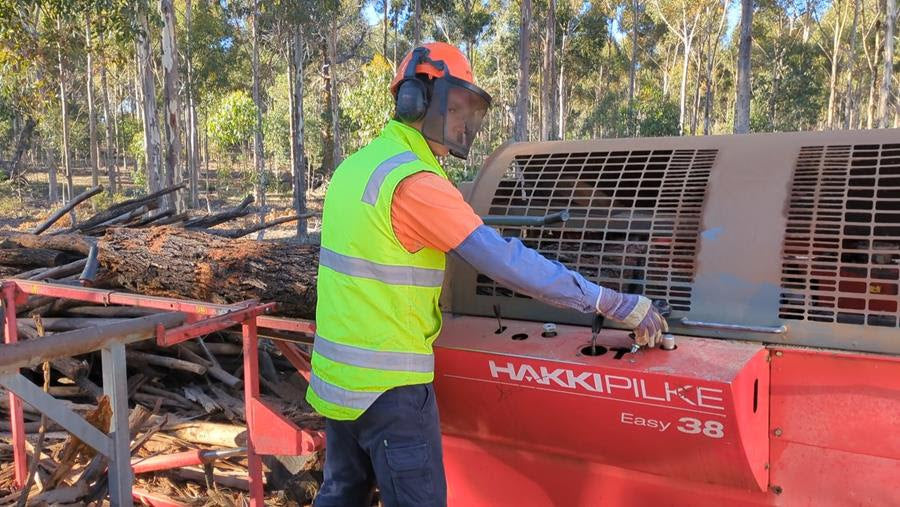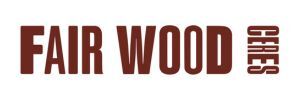
Can Firewood be Fairer
It’s just after sunrise and I’m driving the CERES Fair Wood truck at a crawl up a gravel road North of Heathcote in Central Victoria.
The lightly treed paddocks to my left are literally moving and over the next five kilometres I stop half a dozen times to let hundreds of kangaroos stream across the road and disappear into the forest.
Down a bush track I come to a small clearing where I meet wood4good co-founder Ben Boxshall and his offsider Matt waiting beside eighteen cages of firewood.
Around 15% of Melbournians still rely on a woodfire as their main source of heat.
With Australians collectively burning around seven million tons of firewood (the equivalent of filling the MCG ten times) it's important that we source it as thoughtfully as possible.
wood4good has been managing this regenerative forestry project that began twenty five years ago when 300 hectares of exhausted grazing land was replanted with sugar gum and red ironbark.
Over the past five years the smaller sugar gums and iron barks have been selectively thinned to give the larger trees room to mature.
The thinned trees, thick as fence posts, are traditionally treated pushed into piles and burned.
wood4good imported a Hakkipilke Easy38 firewood cutter from Finland to turn this "waste product" into sustainable firewood that also pays for the forest's regenerative management.

Today’s load of firewood is the last to come out of this block for a while.
I look through the high pruned stands and see the first step of Ben's plan for the tree plantation to become a perennial forest completed.
In a few years Ben hopes to be selecting the first few timber trees in a cycle that will go on long after he has gone.
Organisations like wood4good are using regenerative forestry practices to protect and restore ecosystems that can also provide timber, firewood, honey and flowers.
Since Victoria ended native clearfell forestry in January we have replaced our timber shortfall by importing other people’s native forests - from Tasmania, NSW, South East Asia and South America.
Like ours, these forests will eventually be closed up or be logged out.
A new conversation is tentatively beginning around how we manage our native forests and how we will source the timber we love to use in our houses and our furniture into the future.
If we're to do this regeneratively then it'll be organisations like wood4good who lead the way.
For now, if you want to keep warm in the best way possible you can order it online at with us here.



